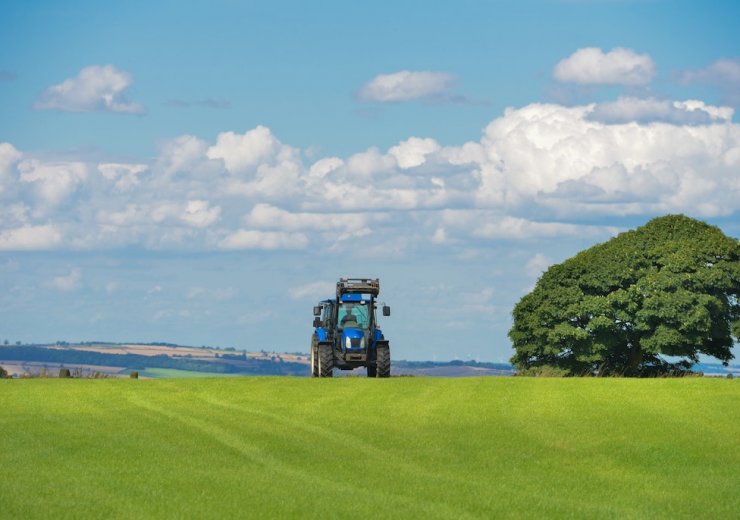
Farm animal welfare matters. It’s not just an important indicator of how sustainable our food system is. It also shines a spotlight on our values and ethics. With one third of Britons having stopped or reduced eating meat, it’s time for farmers, food manufacturers, retailers and the government to give farm animal welfare equal weight with people, profit and the environment.
Every animal can experience physical and mental suffering, pleasure and contentment. As a nation we are collectively responsible for determining what sort of lives farm animals will lead. In a morally progressive society we should make sure that they live a good life: not just that their needs are met, and they are free to express their natural behaviours, but also to feel joy in being alive.
Traditionally, animal welfare has been treated as less important than other factors, such as people, profit or the environment. In part this may be because of real or perceived conflicts between safeguarding welfare and addressing other pressing sustainable food system concerns like environmental protection. But with farmers responsible for the welfare of the one billion land animals and many millions of fish that are farmed for food in the UK every year, this has to change.
The way we rear livestock affects the climate, soils, water and air we all need to survive and thrive. The more intensive the system, the more damaging it is to the environment, human health and, sometimes, to the welfare of the animals themselves

Livestock farms (particularly large-scale ones) usually focus on ‘input’ measures to track the impacts of their activities. However, progressive businesses are beginning to include welfare ‘outcome measures’ as well. The two are interdependent: e.g. measuring how intensively stocked chickens are (input) and the incidences of physical injury (welfare outcome) tells us how sustainable a supply chain is, environmentally, economically and ethically for people and animals.
There’s a pressing need to farm animals differently, and welfare outcome measures are one example of how it’s beginning to happen. But the government must take steps to standardise farm animal welfare measures, along with other key sustainability metrics, at a national level, and given equal weight with people, profit and the environment. That way, however animals are farmed – in large-scale facilities or small farms – animal welfare is both a measure of sustainability and a goal in its own right, because treating animals with care and respect is no less than they deserve.

Leaving the EU - an opportunity to set food, farming and land use on a different trajectory?